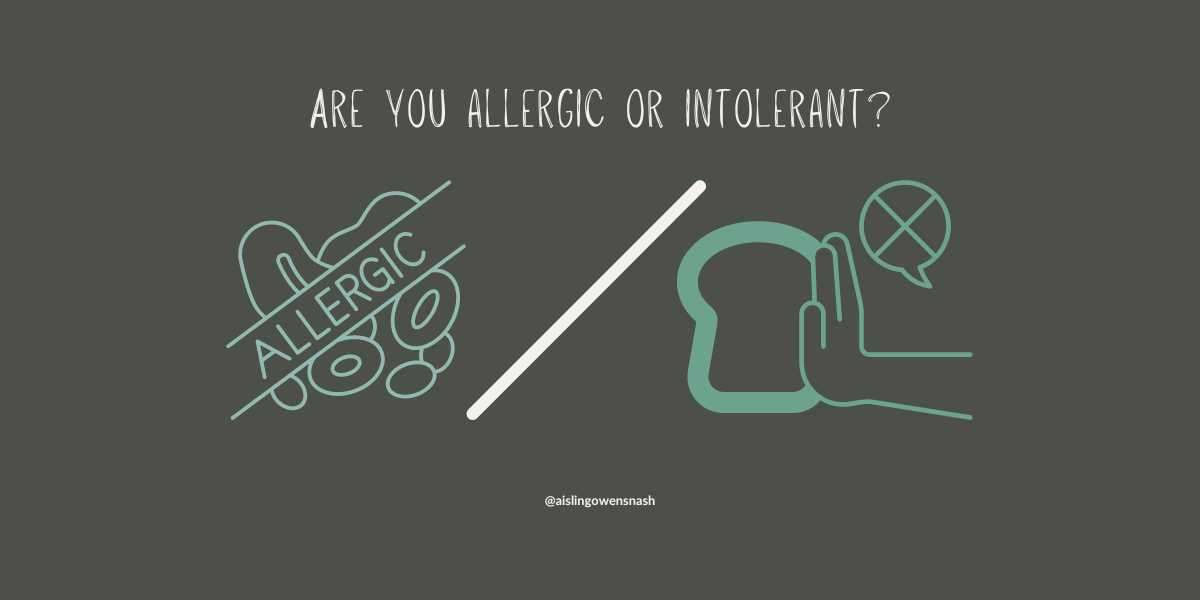Understanding the difference between a food allergy and a food intolerance is crucial for managing your health and dietary needs effectively. Both can cause discomfort and adverse reactions, but they stem from different physiological processes. Here’s a breakdown to help you distinguish between the two, understand their symptoms, and approach each condition appropriately.
Food Allergy: An Immune System Response
A food allergy is an immune system reaction that occurs soon after eating a specific food. Even a tiny amount of allergy-causing food can trigger signs and symptoms such as digestive problems, hives, or swollen airways. In severe cases, a food allergy can cause anaphylaxis, a potentially life-threatening reaction that requires immediate treatment with an epinephrine (adrenaline) injector and a trip to the emergency room.
Common Symptoms of Food Allergies Include:
- Hives, itching, or eczema
- Swelling of the lips, face, tongue, throat, or other parts of the body
- Wheezing, nasal congestion, or trouble breathing
- Abdominal pain, diarrhoea, nausea, or vomiting
- Dizziness, lightheadedness, or fainting
Food Intolerance: A Digestive System Response
Food intolerance, on the other hand, is generally less serious and often limited to digestive problems. It occurs when your body has difficulty digesting a certain food. This can be due to enzyme deficiencies, sensitivity to food additives, or reactions to naturally occurring chemicals in foods. Symptoms of food intolerance tend to appear more slowly, often many hours after eating the offending food.
Common Symptoms of Food Intolerance Include:
- Gas, cramps, or bloating
- Heartburn
- Headaches
- Irritability or nervousness
- Nausea
Key Differences
- Immune System vs. Digestive System: Allergies involve the immune system and can affect several organs, while intolerances primarily involve the digestive system.
- Severity of Reactions: Allergic reactions can be severe and potentially life-threatening, whereas intolerance symptoms are typically less serious and often related to the amount of food consumed.
- Onset of Symptoms: Allergy symptoms usually appear shortly after ingestion, sometimes within minutes. Intolerance symptoms may take several hours to manifest.
Diagnosing Allergies and Intolerances
If you suspect you have a food allergy or intolerance, it’s important to consult a healthcare provider. They may recommend:
- Food Diary: Keeping track of what you eat and any symptoms you experience can help identify potential food triggers.
- Elimination Diet: Temporarily removing suspected foods from your diet and then gradually reintroducing them can help determine triggers.
- Medical Tests: Skin prick tests, blood tests, or oral food challenges are commonly used to diagnose food allergies. Hydrogen breath testing or lactose intolerance tests can help diagnose intolerances.
Managing Allergies and Intolerances
For allergies, strict avoidance of the allergen is necessary. Reading food labels and being mindful of cross-contamination are key. In cases of accidental ingestion, having an epinephrine injector available is critical.
For intolerances, you may be able to consume small amounts of the offending food without trouble. Dietary adjustments and enzyme supplements can also help manage symptoms.
Conclusion
While food allergies and intolerances can both cause discomfort, understanding their differences is crucial for proper management. Recognising the symptoms, obtaining a correct diagnosis, and taking appropriate action can help you maintain your well-being and enjoy a healthy diet without fear of adverse reactions. Always consult healthcare professionals for guidance tailored to your specific needs.
I was told I had multiple allergies when I was 15 but over the years I was under the impression that I wasn’t ‘actually allergic’ but I just had intolerance. However, if I drink milk, eat certain cheeses/yoghurt, wheat products, some soy and some alcohols within minutes I become congested, wheezy and coughing. My voice changes and my nose becomes itchy. Sometimes my neck does too. Don’t downgrade your allergies or intolerances, if you see and feel noticeable differences in your body soon after eating or drinking something please go for allergy testing.
Aislíng x








